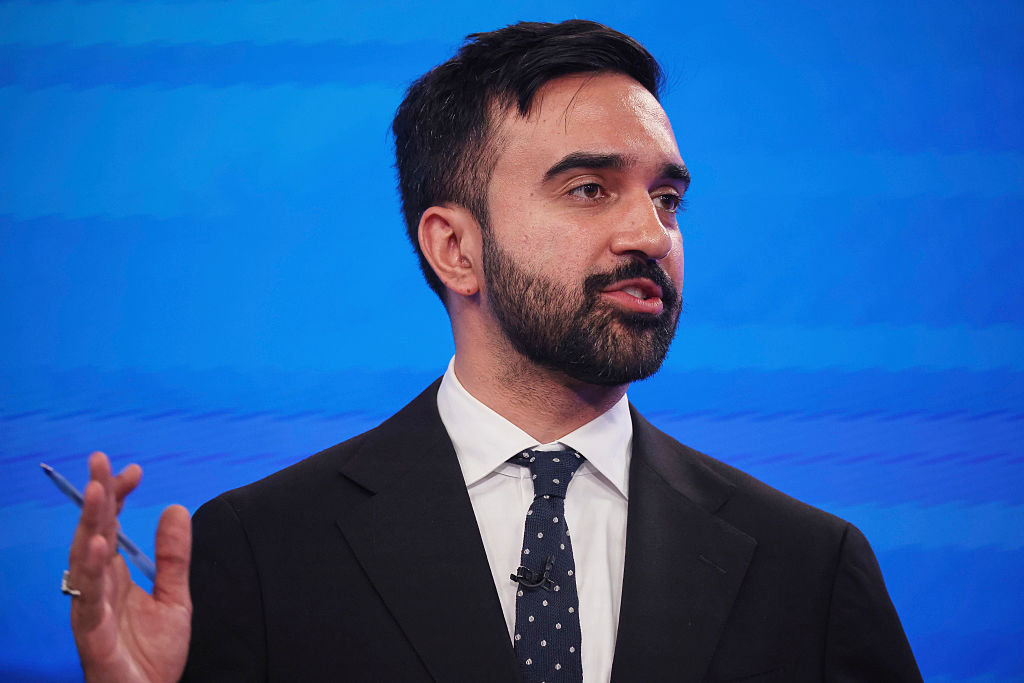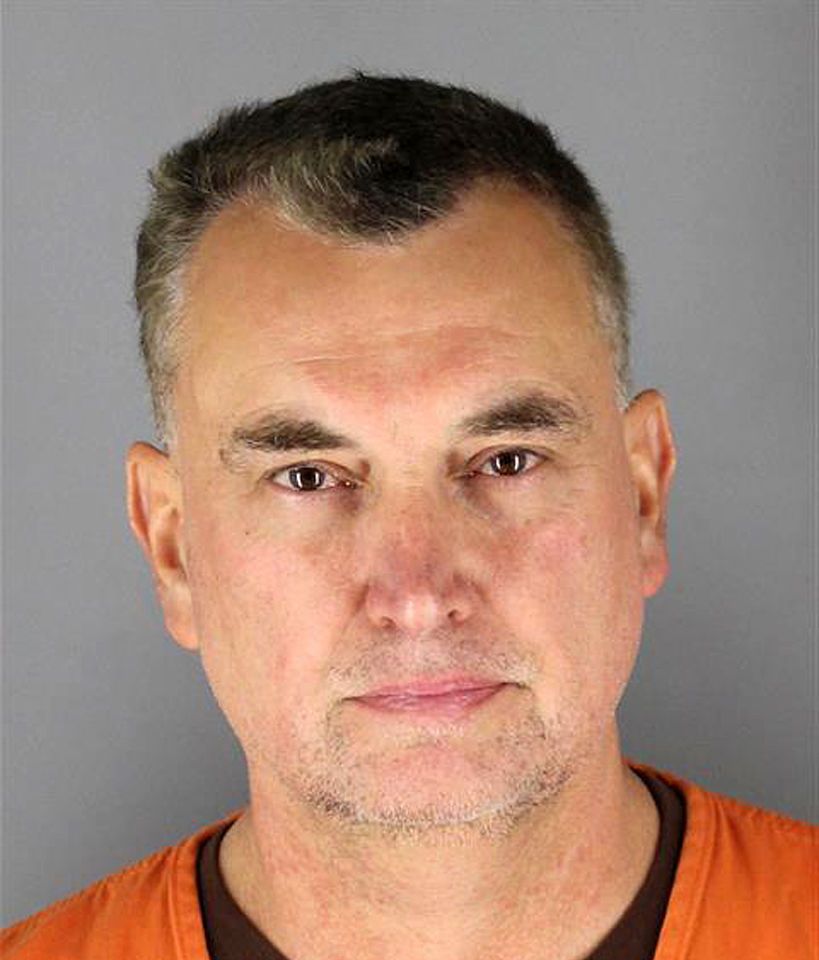Father’s Day Reminds Us Why Networks of Dads Are Important
Haven’t heard much talk about Father’s Day this year.
Debates about what Dad would like, what size he might wear, what he could use — these topics haven’t exactly been crossing the social media universe or Black Zeitgeist too much lately. It’s this coming Sunday, and there has been a lack of conversation about it in pop culture about the day we honor our dads.
That might be for different reasons: for example, Mother’s Day is more marketable (Chris Rock hilariously made that clear a few years ago), Dads don’t get the recognition Moms do all the time, or maybe these days Dads have fallen way down the family popularity totem pole, somewhere below grandma and auntie, but slightly above the Rottweiler.
It’s all conjecture, it might not be that way at all in your own family, but you might agree with me that it’s only within the past couple of days that you were even reminded that Father’s Day is coming up.
“Damn, that’s right! Let me get to the store. Umm, maybe some cologne will work. Maybe a tie. You know, he’d like to be taken out for breakfast. Better yet, I can cook him breakfast….”
Dads have come to know how last minute gift-oriented decision-making for their day can be, and you probably won’t hear a ton of fuss from them either — as long as you did think of them.
But without going there about the missing Black Father debate — because research from the Centers for Disease Control has pointed out that it is a myth anyway — perhaps Dads get shafted because we’ve come to look at Moms as a network of caretakers that are crucial to a child’s upbringing, but no longer give that same emphasis to Fathers as it was in years past.
So the question really is: what happened to the village of Fathers?
Growing up on the west side of Detroit, I remember there were lots of Dads all over my street and all over the neighborhood. Most of these men were autoworkers and most of them were born in the South and had experienced Jim Crow to some degree. While they had that in common, it was rare that they ever talked about it. What was more important was that they seemed to be united by working- and- middle-class ethics and most exercised values they learned from church-oriented upbringings.
I also remember that all these Fathers were at liberty to “straighten you out” if they ever caught you cutting up, and you were expected to speak respectfully when spoken to. No, my neighborhood wasn’t a military garrison, but we knew who commanded respect where we lived.
But the Dads on our block in the neighborhood weren’t our only Fathers. There were the small businessmen, the coaches, the deliverymen, the policemen and firemen, the bus drivers, the preachers, and yeah even the hustlers and OGs. Not one of these people were perfect; they all made their mistakes and all had their share of life’s drama, which sometimes played out publicly.
Still, as we looked up to them, they looked out for us, because in an unspoken way, it was their responsibility to do so. Not every kid had a Dad living with him either, but there were still men all around who sort of fit a Father archetype.
And that made them valuable in our small, vulnerable world.
We took it for granted back in those days, but all these men eventually meant a lot to a bunch of rambunctious, noisy kids who all swore we’d grow up to be “Sweet” Lou Whittaker, Billy Sims, or Isaiah Thomas.
But by the time I was a teenager, the experience in my neighborhood had changed: More and more young men were being incarcerated, largely on drug charges. Others were falling victim to lethal violence. Jobs began to disappear. Good long-term manufacturing jobs — the kind that made it easy to be a Father to your own kids and the children of others, which started to erode the next generation of Fathers before those aforementioned values and norms could take hold.
Then crack moved in, and if there was ever a ubiquitous, dizzyingly fast cancer that crept up on Black America, this was it.
There was no escaping the impact of crack on the community, and all these things combined took aim at the Black Father. The village of Fathers was under siege, not just where I lived, but everywhere.
Black Fathers have been fighting for a foothold ever since.
Does this mean the Black Father has disappeared? On the contrary, as mentioned earlier, the CDC found that African-American men are at least as involved with their children’s lives as other racial categories, even in cases where they don’t live with their offspring.
But socioeconomic factors have worked to damage Black Fathers operating in a network of role models and caregivers the way I described above. It’s hard to be a village of Fathers when Black unemployment is twice as high as it is for Whites or when the neighborhood has been emptied of men by the prison industrial complex or when a community’s economy depends largely on government subsidy rather than ownership by the people living in it.
On my street, most of the Fathers have died off, my dad included. Other families have moved in to some of the homes; in others, their widows remain. A few new Dads now occupy places where other Dads raised their kids.
Maybe that will grow back into a village of Fathers again.
Men who go fishing. Who laugh on street corners and tell tall tales about their youth. Men who work every day. Who pick their kids up from school. Who give you the side-eye for glaring at their daughters.
Who understand how important a village of Fathers really is.















